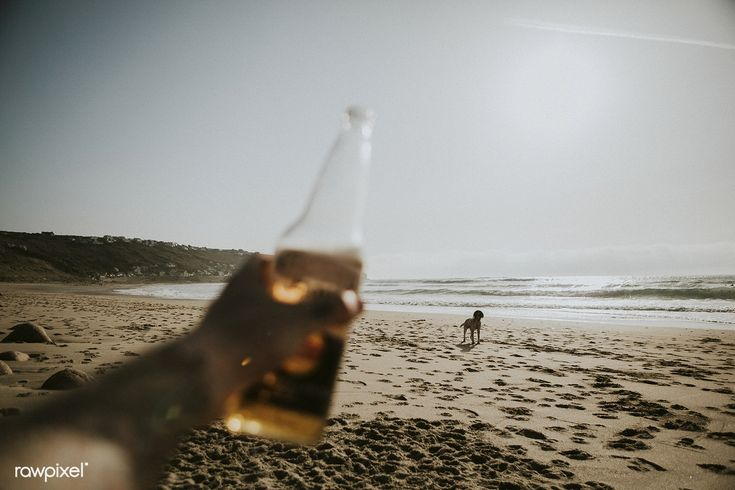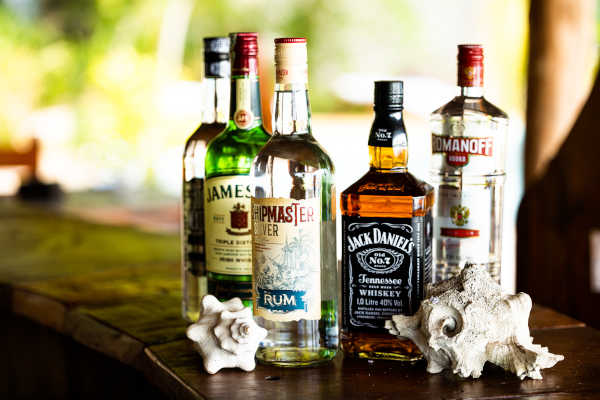Considered one of Africa’s top travel destinations, the Tanzanian archipelago of Zanzibar is famous for its stunning sandy beaches, rich cultural heritage, and the fragrant spice farms that gave it the nickname, ‘The Spice Islands.’ However, a recent turn of events threatens this status quo – an unprecedented shortage of alcohol.
The Unintended Dry Season
Zanzibar’s tourism sector is currently in a state of uncertainty, as the island faces an unexpected alcohol shortage threatening the vibrant tourism industry that generates an overwhelming 90% of its foreign revenue. The price of beer alone has skyrocketed by nearly 100% following a drastic disruption in the supply chain, putting the local businesses serving this liquid gold under intense pressure.
Hoteliers and businesses, especially around the Matemwa beaches in northern Zanzibar, have been forced to adapt by solely serving soft drinks. These establishments find themselves in an uncomfortable position as they shift from providing comfort and luxury to tourists to grappling with the stark reality of an alcohol shortage.

A Chain of Events
The exodus of the island’s tourism minister in light of this crisis suggests the gravity of the problem. Despite citing poor work conditions as his reason for stepping down, many speculate that the alcohol supply challenges played a part in his decision. Read Also: 13 Less Known Facts About Black History Month
A predominantly Muslim population in Zanzibar prohibits the production of alcohol, leading to reliance on mainland Tanzania and imports from South Africa. However, this year saw the Zanzibar Liquor Control Board (ZLBC) postpone permit renewals for three established importers, leading to a supply shortage. These three companies, who have been providing the islands with alcohol for over 20 years, are currently appealing for their import permits to be renewed.
Three new companies received licenses last month, but lengthy vetting processes and possible legal constraints seem to make them struggle to meet demand. This has resulted in an overall shortage, with liquor stores struggling to keep their shelves stocked.
The Domino Effect
The shortage of alcohol has an impact extending beyond mere tourism. The hike in beer prices from Tsh.2,500 ($0.99; £0.92) to Tsh.5,000 ($1.98; £1.84 and the complete unavailability of certain popular brands has caused widespread concern. As Frank John Kahamu, secretary at the Amani Alcohol Merchants Union, points out, over 3,000 workers risk losing their jobs if the situation persists. Read Also: Top five cheapest African countries to do business
This troubling situation unfolds as the Tanzanian islands continue to witness a surge in tourist arrivals. Last year, a record of over 630,000 tourists visited the islands, an increase of 16% in international visitors, primarily from India and Russia.
However, amid this crisis, the central concern remains the tarnishing of Zanzibar’s image as a vibrant, joyous vacation destination. It will indeed require concerted efforts from all stakeholders to navigate through this storm and restore the island’s tourism shine.



